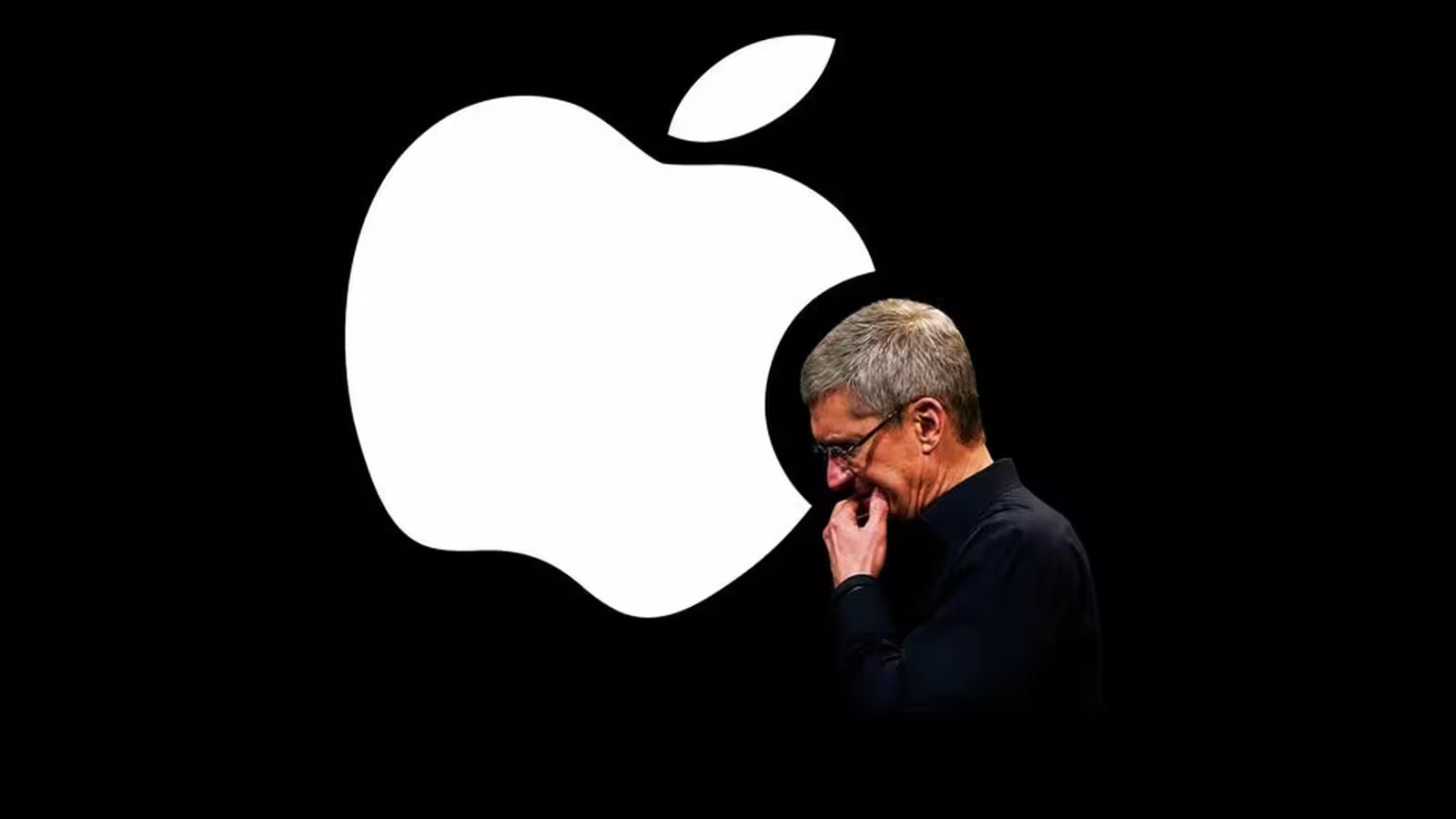3 Minutes
Overview: Why Apple’s AI Talent Is Heading to Meta
Apple is facing a growing talent retention problem in artificial intelligence. According to Mark Gurman’s Power On newsletter, a steady stream of AI researchers has been leaving Apple for Meta — and the exodus looks likely to continue unless Apple matches the compensation packages being offered elsewhere. Meta’s aggressive investments in XR (Extended Reality) and AI, coupled with high cash offers, have made it a magnet for top machine learning and AI talent.
What Meta Is Betting On
Meta CEO Mark Zuckerberg has publicly framed AR glasses as a long-term platform, with AI powering the next generation of intelligent wearables. Over recent years Meta has poured billions into XR and is now channeling comparable resources into AI research, including its Superintelligence Labs. That strategy includes extremely large recruitment packages to attract senior researchers and engineers.
Compensation, Morale, and the Brain Drain
Gurman reports that Apple has lost several AI researchers recently, with at least one high-profile departure to Meta’s Superintelligence Labs. Low morale around Apple’s AI initiatives — particularly after a rocky rollout of the new Siri — has made employees more receptive to offers. While some researchers have rejected Meta’s multimillion- or even billion-dollar offers due to leadership concerns, many others have been tempted by the financial terms.
Product Features and Development: Apple Intelligence and Siri
Apple’s in-house AI platform, often referred to as Apple Intelligence, is still maturing. The company is quietly improving the App Intents framework to enable richer Siri integrations and smarter on-device assistants. These framework updates suggest several Siri features are nearing broader release, but sustained talent losses could delay or weaken Apple’s roadmap for intelligent assistants and on-device AI.
Comparisons: Apple vs Meta vs Google and Samsung
Meta currently leads with aggressive funding for XR and large recruitment incentives. Google and Samsung are pursuing their own AR/VR efforts — notably Google’s and Samsung’s Project Moohan built on Android XR — aiming for smart glasses and XR experiences that could eventually replace some smartphone use cases. Apple, traditionally cautious and hardware-focused, appears to be moving more deliberately, prioritizing user privacy and tight integration over headline-grabbing cash offers.
Advantages, Use Cases, and Market Relevance
Smart AR glasses powered by advanced AI could transform hands-free navigation, real-time language translation, contextual information overlays, and personal assistants. Meta’s scale and investment accelerate prototype and model work, while Apple’s strengths in hardware design, privacy, and ecosystem integration still position it well for long-term success — if it can keep and attract AI talent.
Implications and Next Steps
The immediate risk for Apple is a slowdown in developing Apple Intelligence and Siri improvements if more researchers depart. To remain competitive in AI and XR, Apple may need to rethink compensation, retention strategies, and developer tooling cadence. Meanwhile, competition from Meta, Google, and Samsung will continue to push faster innovation in AR, on-device AI, and mixed-reality user experiences.
Source: phonearena


Leave a Comment